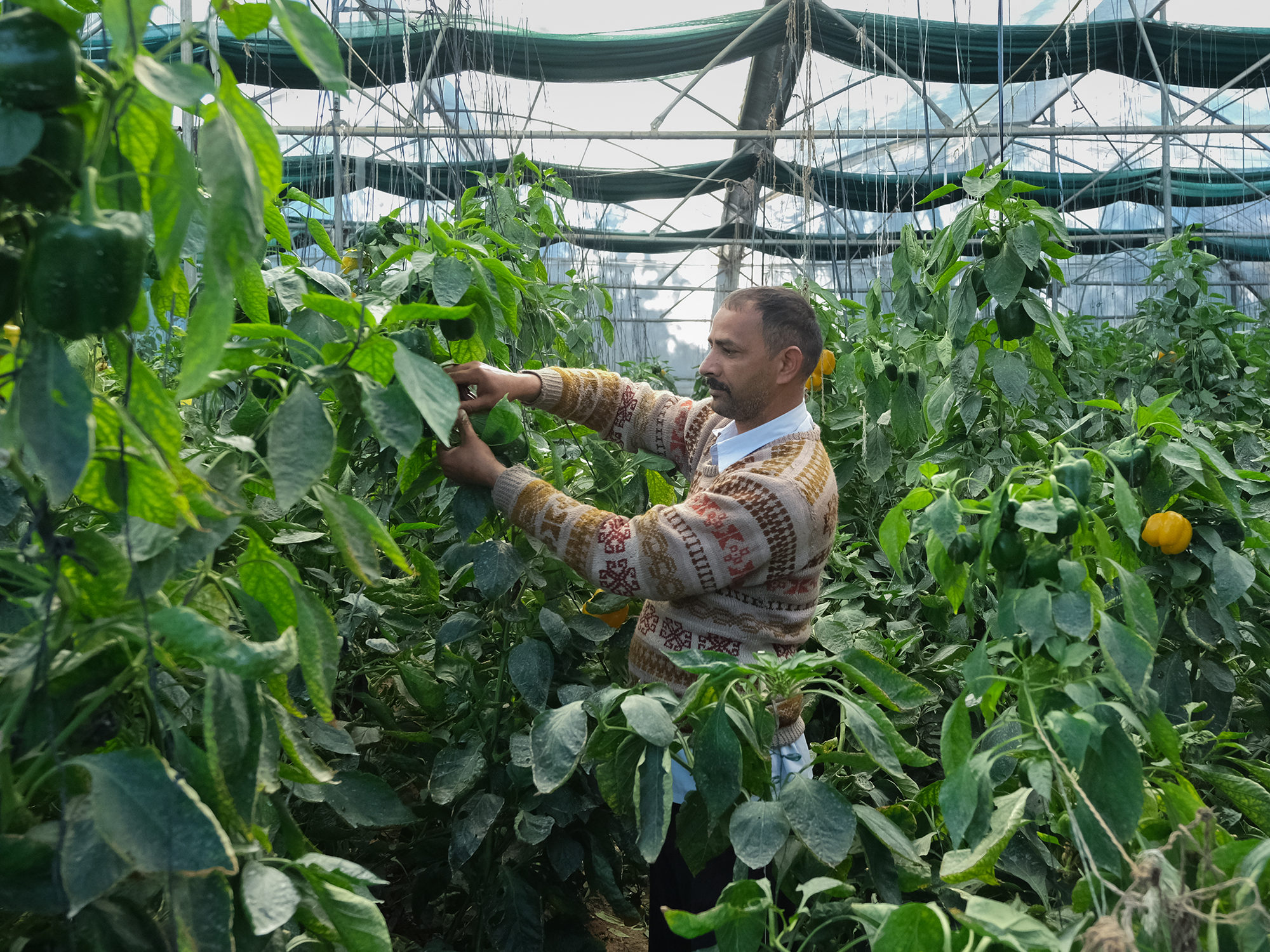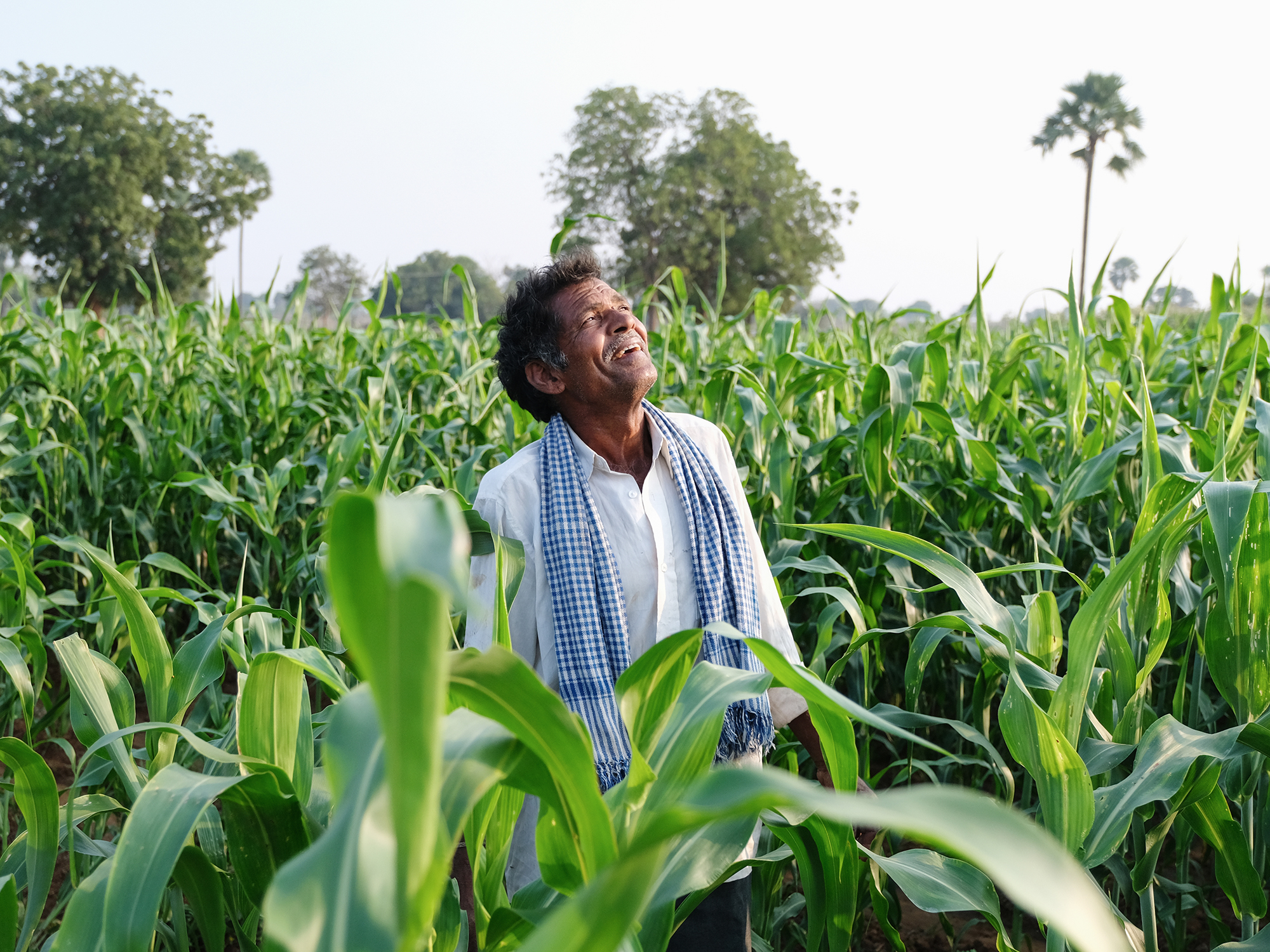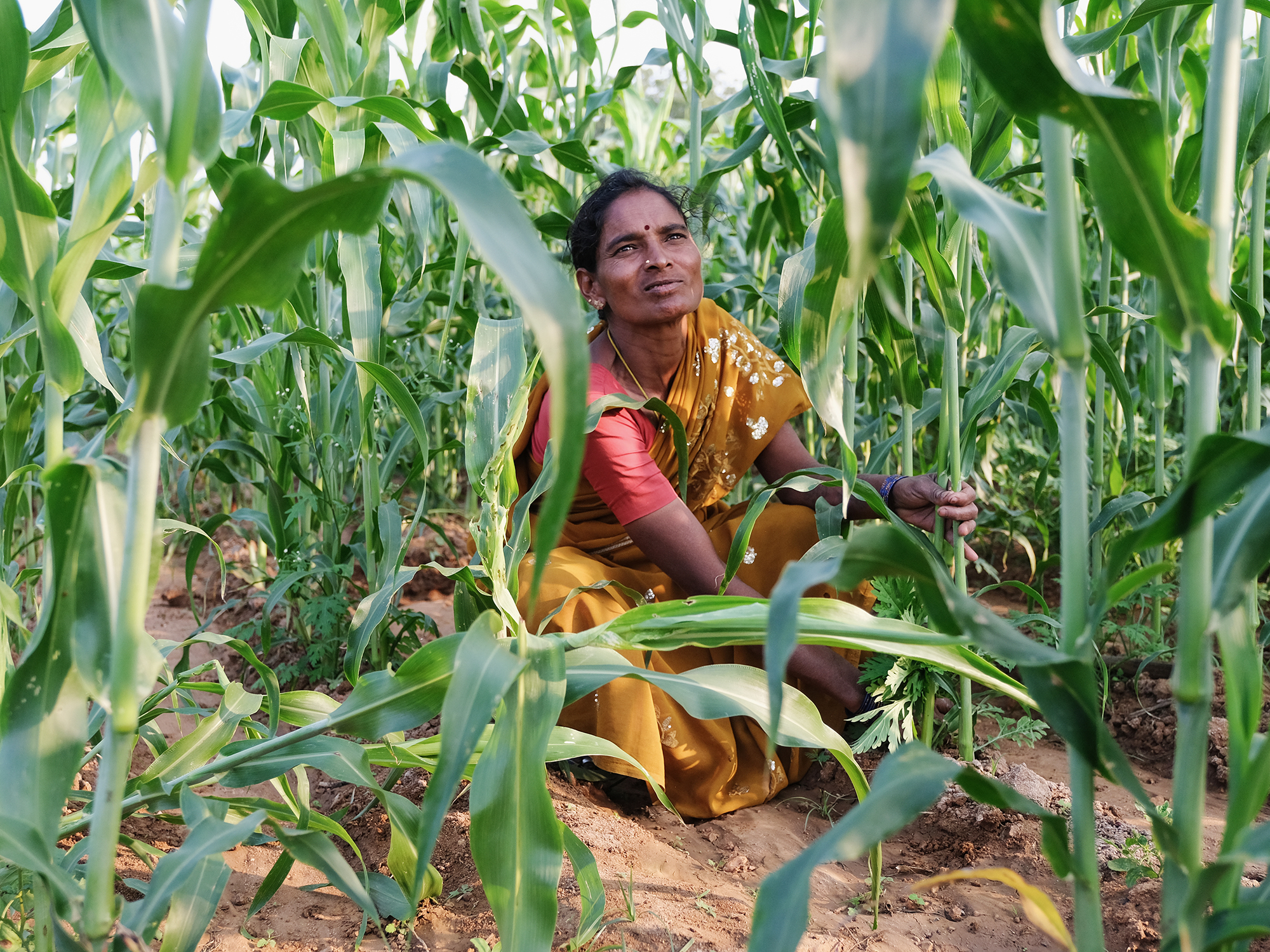Have a question? Mail us at ccce.india@giz.de
German Federal Ministry for Economic Cooperation and Development (BMZ)
January, 2020 - June, 2023
Himachal Pradesh, Uttar Pradesh
The implementation of the Indian Nationally Determined Contribution (NDC) on climate adaptation is improved with regards to need and evidence-based planning of adaptation initiatives and climate-sensitive design of financial instruments.
Nationally Determined Contributions (NDCs) are at the heart of the Paris Agreement and the achievement of long-term climate goals. NDCs embody efforts by each country to reduce national emissions and adapt to the impacts of climate change. India’s NDCs emphasise the need to “better adapt to climate change by enhancing investments in development programmes in sectors vulnerable to climate change, in particular agriculture, water resources, the Himalayan region, coastal regions, health and disaster management”. The National Action Plan on Climate Change (NAPCC) and the State Action Plan on Climate Change (SAPCC) provide guidance on the long-term strategy to address climate change at national and state levels under the country’s NDC commitments. However, with limited funding support, implementation of the SAPCC and NAPCC has been a challenge. It is, therefore, crucial to reorient development schemes within the climate adaptation and risk framework. The existing financial adaptation concepts lack planning and technical capacities for effective implementation of climate adaptation in priority sectors of NDCs in rural areas of India.
Key Ongoing Activities
Expected Achievements
 Farmer in Himachal Pradesh plucking capsicum in a climate resilient polyhouse (©GIZIndia/CAFRI)
Farmer in Himachal Pradesh plucking capsicum in a climate resilient polyhouse (©GIZIndia/CAFRI)
 Farmer in a climate resilient field in rural India (©GIZIndia/CAFRI)
Farmer in a climate resilient field in rural India (©GIZIndia/CAFRI)
 Female farmer taking a break in a climate resilient field in rural India (©GIZIndia/CAFRI)
Female farmer taking a break in a climate resilient field in rural India (©GIZIndia/CAFRI)
2023 Climate Change and Circular Economy. All Rights Reserved.
Site By -